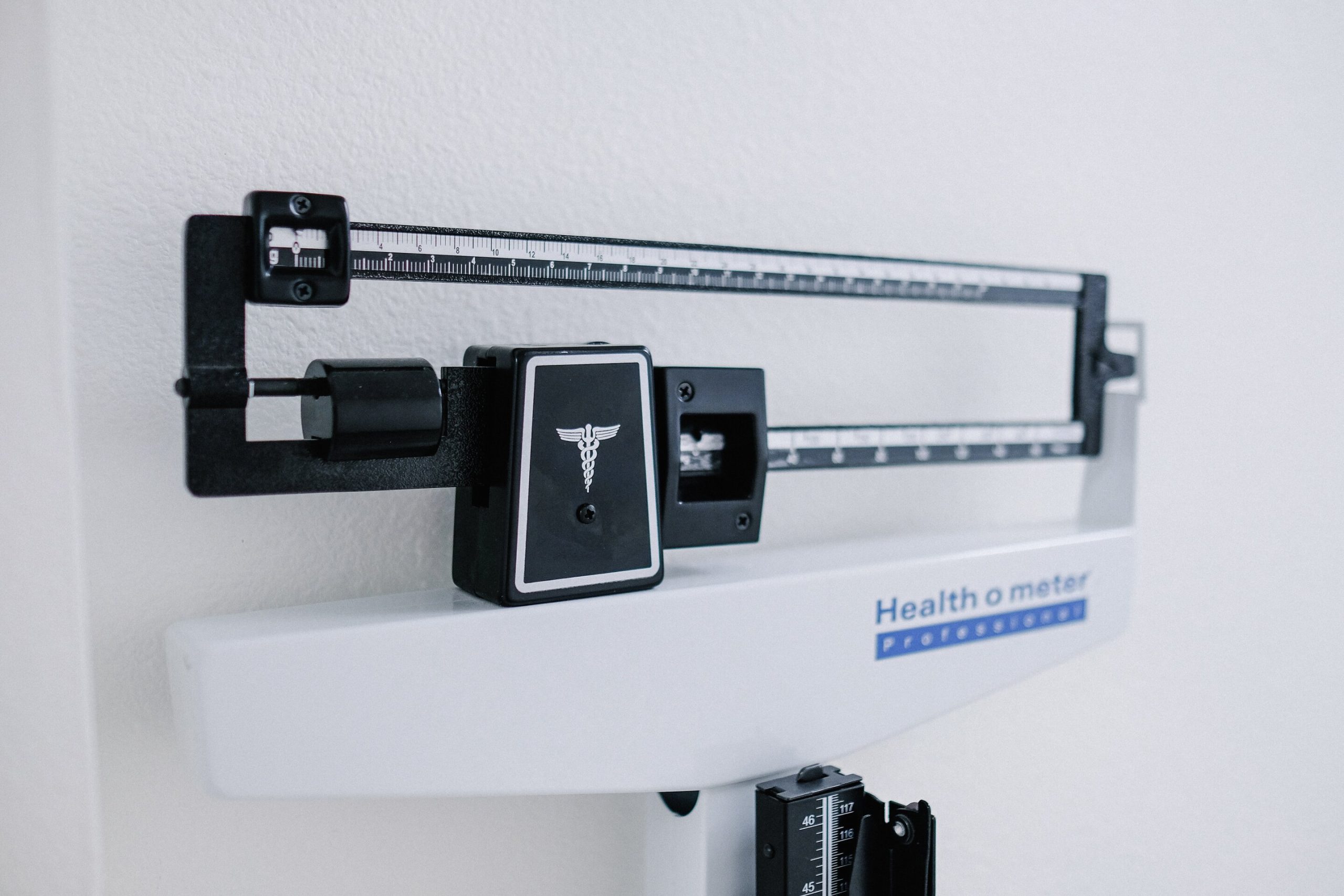People whose diet more closely resembles the MIND diet may have a lower risk of cognitive impairment, according to a study published in the September 18, 2024, online issue of Neurology®, the medical journal of the American Academy of Neurology. Results were similar for Black and white participants. These results do not prove that the MIND diet prevents cognitive impairment, they only show an association.
The MIND diet is a combination of the Mediterranean and DASH diets. It includes green leafy vegetables like spinach, kale and collard greens along with other vegetables. It recommends whole grains, olive oil, poultry, fish, beans and nuts. It prioritizes berries over other fruits and recommends one or more servings of fish per week.
“With the number of people with dementia increasing with the aging population, it’s critical to find changes that we can make to delay or slow down the development of cognitive problems,” said study author Russell P. Sawyer, MD, of the University of Cincinnati in Ohio and member of the American Academy of Neurology. “We were especially interested to see whether diet affects the risk of cognitive impairment in both Black and white study participants.”
The study involved 14,145 people with an average age of 64. Of participants, 70% were white and 30% were Black. They were followed for an average of 10 years.
Participants filled out a questionnaire on their diet over the past year. Researchers looked at how closely the foods people were eating matched the MIND diet.
One point was given for each of the following: three or more daily servings of whole grains; six or more weekly servings of green leafy vegetables; one or more daily servings of other vegetables; two or more weekly servings of berries; one or more weekly servings of fish; two or more weekly servings of poultry; three weekly servings of beans; five daily servings of nuts; four or fewer weekly servings of red meat; one or fewer weekly servings of fast or fried foods; one or more weekly servings of olive oil; and one or fewer tablespoons of butter or margarine daily; five or fewer weekly servings of pastries and sweets; and one glass per day of wine. The total points possible was 12.
Researchers then divided participants into three groups. The low group had an average diet score of five, the middle group had an average score of seven and the high group had an average score of nine.
Thinking and memory skills were measured at the beginning and end of the study.
During the study, cognitive impairment developed in 532 people, or 12% of 4,456 people in the low diet group; in 617 people, or 11% of 5,602 people in the middle group; and in 402 people, or 10% of the 4,086 people in the high group.
After adjusting for factors such as age, high blood pressure and diabetes, researchers found people in the high group had a 4% decreased risk of cognitive impairment compared to those in the low group.
When looking at male and female participants, researchers found a 6% decreased risk of cognitive impairment for female participants who most closely followed the diet but no decreased risk for male participants.
Researchers also looked at how quickly people’s thinking skills declined as they developed problems. They found that people who more closely followed the MIND diet declined more slowly than those who did not, and that association was stronger in Black participants than in white participants.
“These findings warrant further study, especially to examine these varying impacts among men and women and Black and white people, but it’s exciting to consider that people could make some simple changes to their diet and potentially reduce or delay their risk of cognitive issues,” said Sawyer.
A limitation of the study was it included only older Black and white people so results may not be the same for other populations.
The study was funded by the National Institute of Neurological Disorders and Stroke and the National Institute on Aging.

